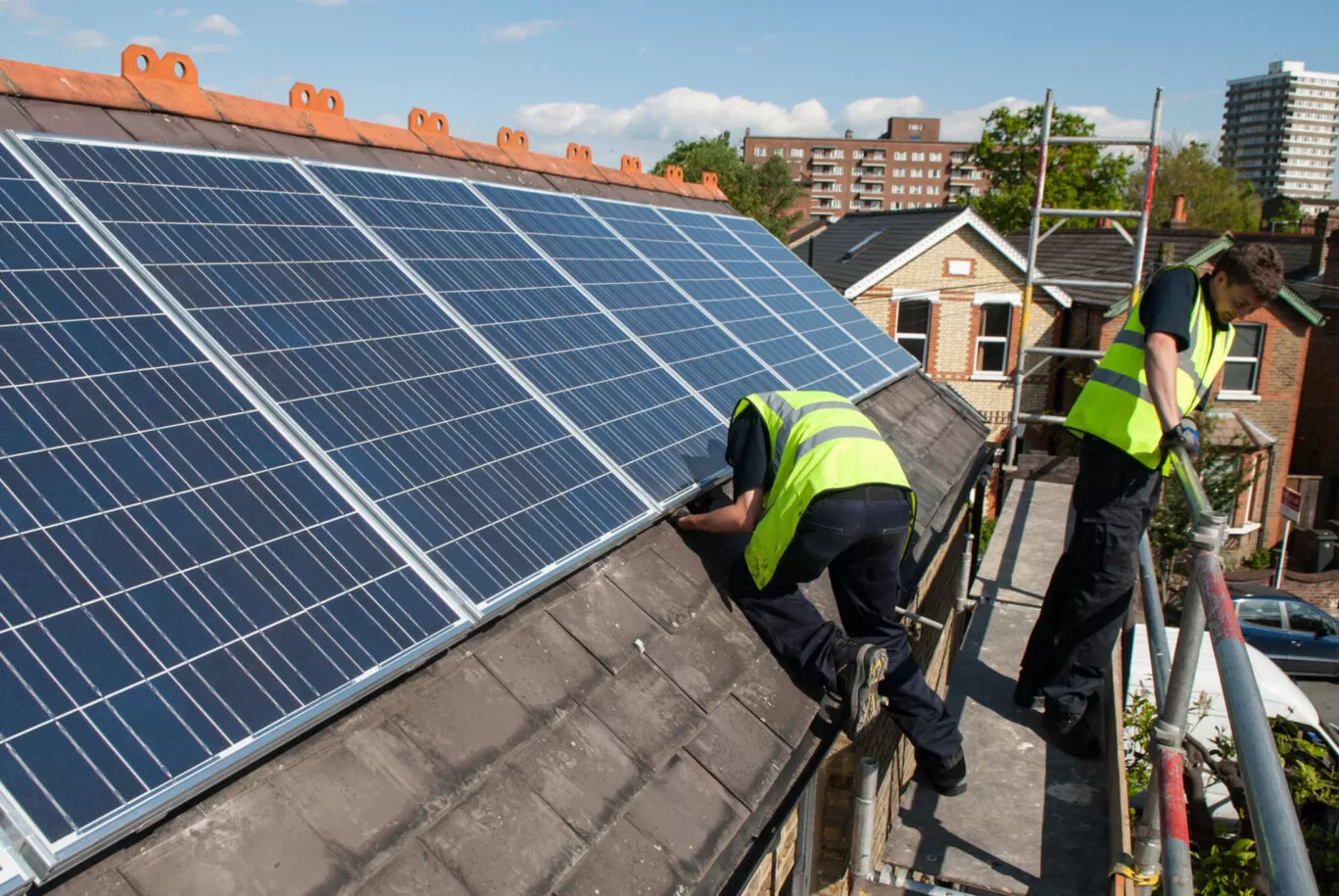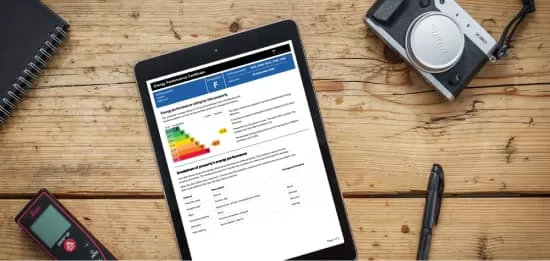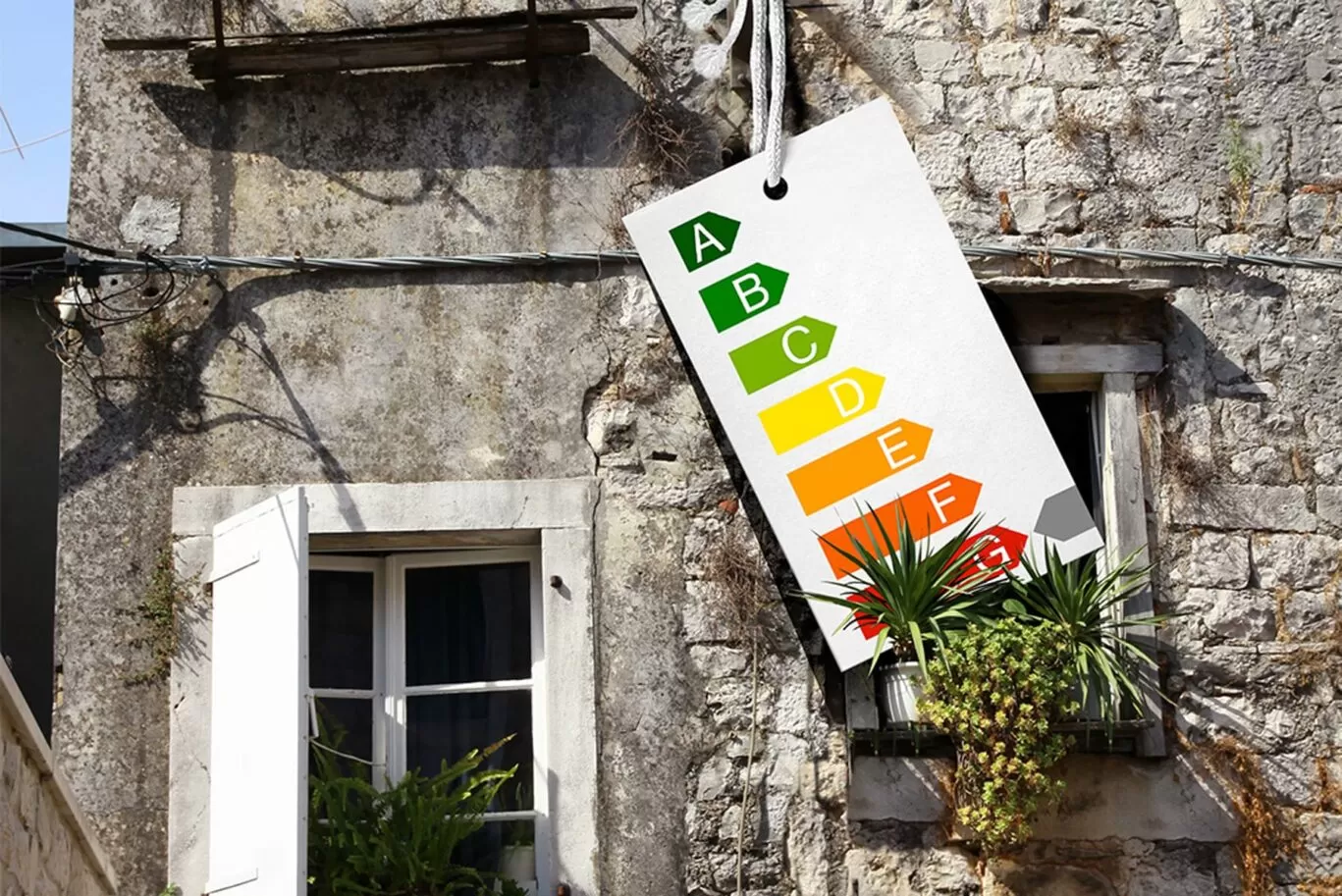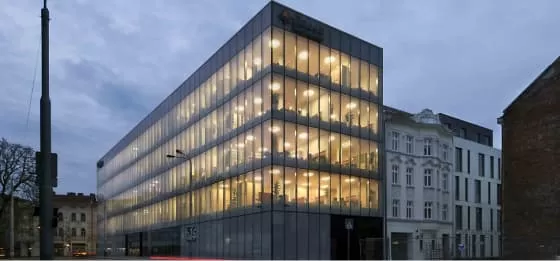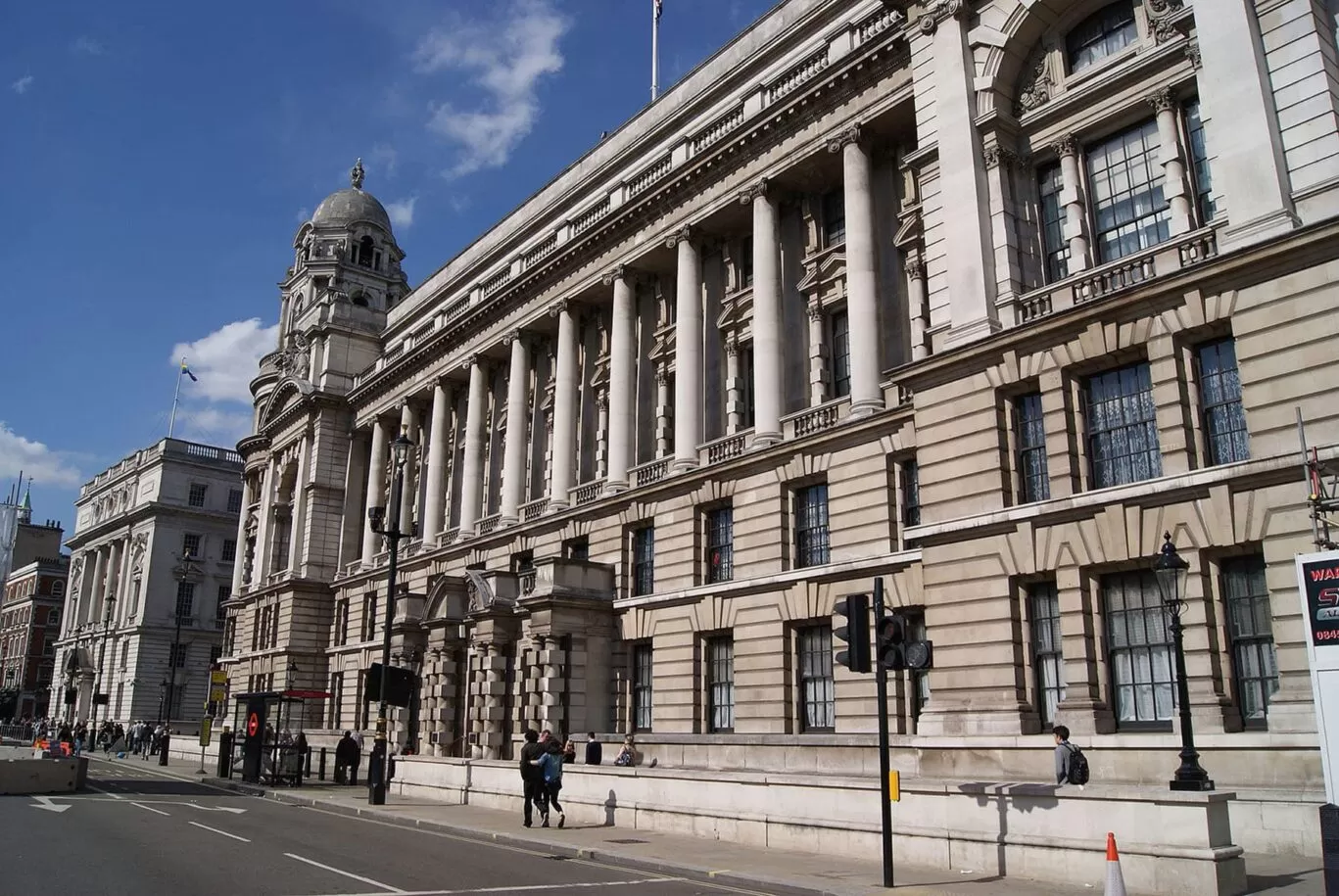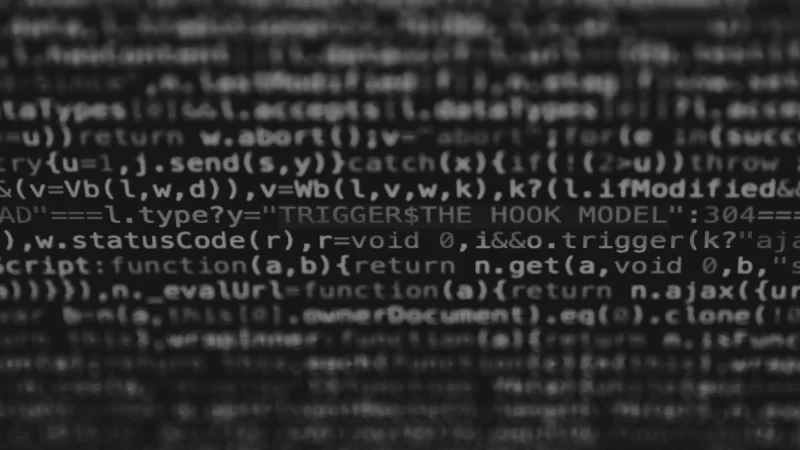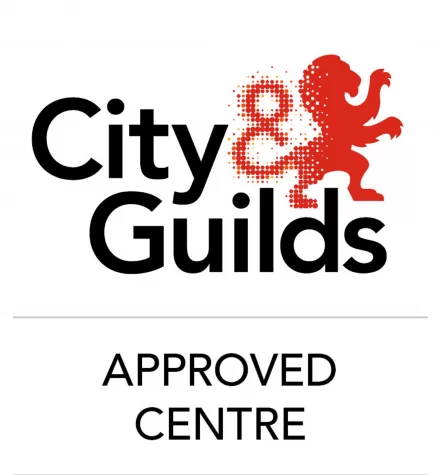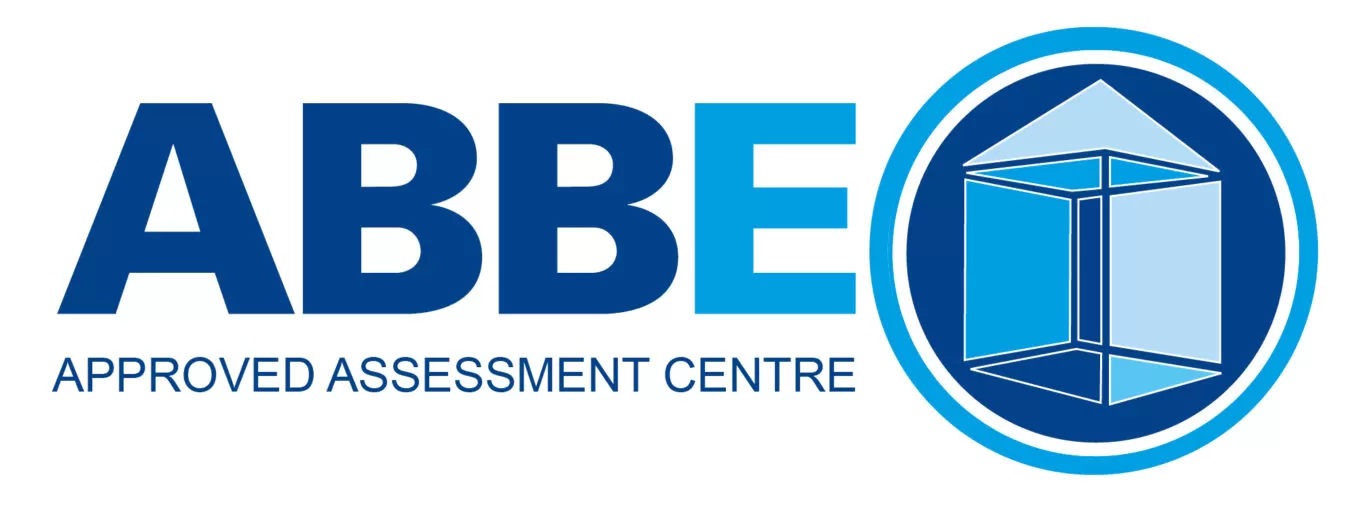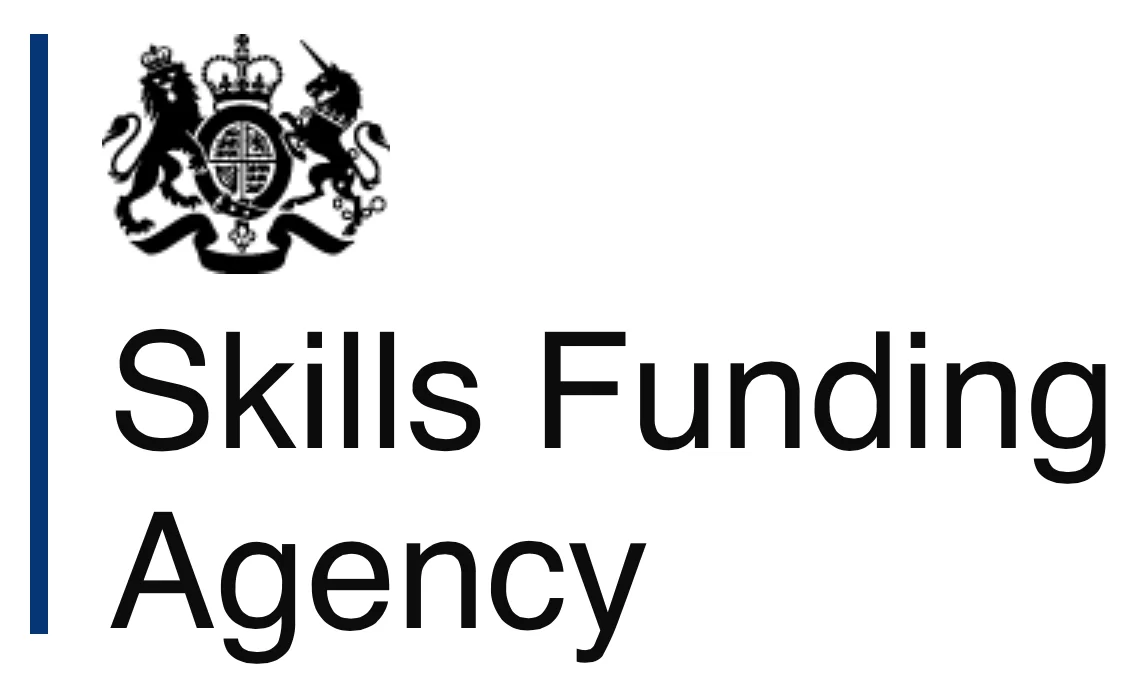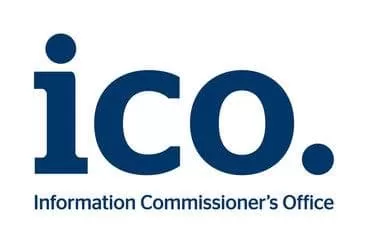On the 30th November 2023, world leaders gathered in Dubai for the 28th annual United Nations (UN) climate meeting. The conference addressed big issues in the COP28 Agreement. However, these decisions have been met with as much criticism as they have praise.

What is COP28?
In 1992, the United Nations (UN) signed the United Nations Framework Convention on Climate Change (UNFCCC). Each year, representatives gather at a host country to discuss the actions being taken to limit future climate change. COP stands for ‘Conference of the Parties’ and refers to the meeting of all countries who are part of this agreement.
What is the goal of COP28?
Climate change is a worldwide problem, so it requires a worldwide solution. Each COP meeting is held to allow countries to work together to determine a coordinated and united approach to limit future climate change.
Specifically, it is hoped that COP28 will help limit long-term global temperature rise to 1.5C. 1.5C has been highlighted as a significant turning point for the damage dealt to the planet by climate change. Currently, the world is on track for approximately 2.7C of warming by 2100.
The purpose of COP28 is to determine specific strategies and initiatives which will pave the way to limit and prepare for future climate change. This includes reducing fossil fuel use, boosting renewable energy, and supporting poorer countries financially to make energy improvements.
Points of Discussion
The conference covered a lot of ground, even running over by a few days. Some of the main topics discussed include:
- Ensuring that COP28 is as inclusive as possible
- Providing financial support from richer to poorer countries to fund climate action
- Boosting the transition from fossil fuels to clean energy sources, to drastically reduce emissions
- Keeping in line with the target to limit temperature rises to 1.5C above pre-industrial levels
- Increasing the reach of renewable energy sources

Controversy
The future of fossil fuels was among the most hotly debated topics of COP28. The controversy was initially sparked by the whole thing being held in Dubai, one of the world’s top 10 oil-producing nations. The president of COP28 himself, Sultan al-Jaber, owns an oil company which is expected to rapidly expand production in this decade. This did not inspire confidence that fossil fuels would be approached with the necessary impartiality.
For a liveable planet we need a full phase out of all fossil fuels. [It] is clear that eight years on from the Paris Agreement, we are still way off course to limit global warming to 1.5C and avert the worst impacts of the climate crisis.
Leader of the Climate & Energy Global Practice at WWF, Manuel Pulgar-Vidal
The decisions made regarding fossil fuels are considered by some to be half-measures. The draft text of the COP28 agreement faced a lot of criticism for being ‘too weak’ or ‘soft’ when it comes to fossil fuels. These criticisms were not allayed by the heavy oil-industry presence at COP28. The agreement lays out a plan to reduce, but not eradicate, fossil fuels. This gives oil-producing nations more freedom to deal with their fossil fuels as they wish. Manuel Pulgar-Vidal from the WWF (quoted above) believes that the agreed terms are not enough.
It has been a historic week of discussions. A climate conference held in the heart of an oil-rich nation. The voices of big players and small island nations have all been heard in the same place, by the same global audience, with the same goal – to do anything we can to tackle climate change. Now, the world will watch the strategies determined at COP28 take shape over the coming decades.

